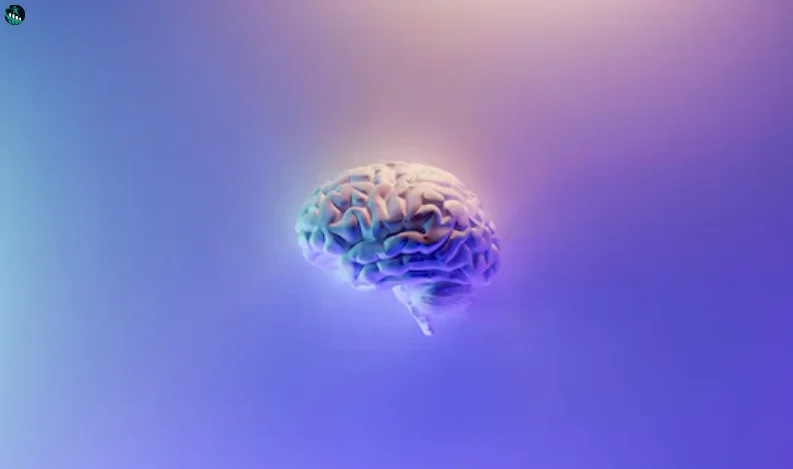
Study Finds Human Brains Process Information Slower Than Expected
A new study reveals that the human brain processes information at just 10 bits per second, far slower than previously believed. Despite receiving billions of bits of sensory data every second, such as visual, auditory, and tactile inputs, humans use only 10 bits per second to make decisions and perceive the world around them.
Conducted by scientists at the California Institute of Technology, the study was published in the journal Neuron. Markus Meister, a neurobiologist involved in the research, described this processing speed as "extremely slow," especially when compared to modern technologies like Wi-Fi, which transmits data at millions of bits per second.
The researchers suggest this slowness might be due to necessity—or rather, the lack of it. Human ancestors adapted to an environment where survival didn’t require processing information at high speeds. Most environmental changes occur slowly, meaning rapid processing wasn’t essential.
The study highlights a paradox: with the brain's vast processing resources, why does it operate in a "single-strand" mode, focusing on just one task at a time? Scientists emphasize the need for further research to understand this bottleneck and how the brain filters vast amounts of data to focus on critical information.
This research opens up questions about how the brain’s efficiency shapes human perception, decision-making, and survival in modern environments.



Recent Comments: